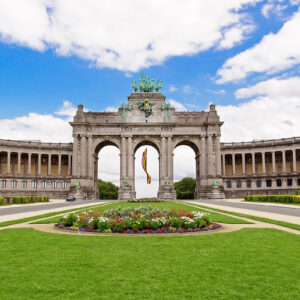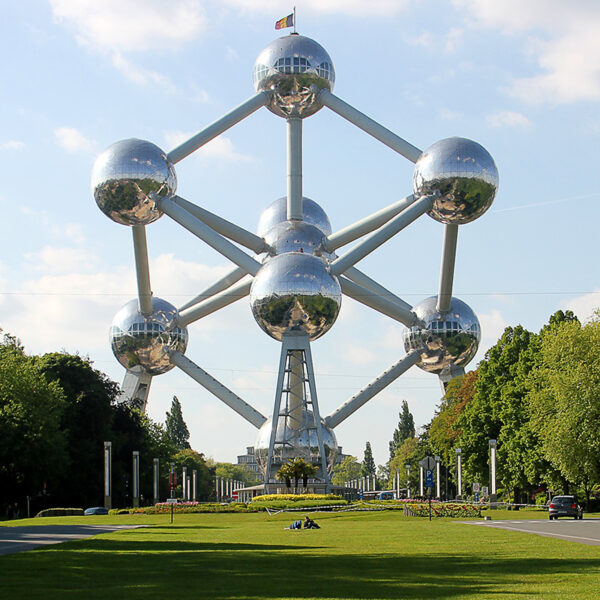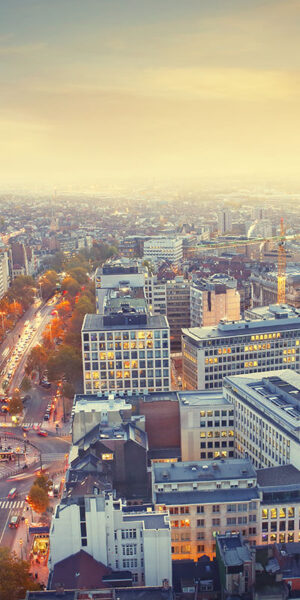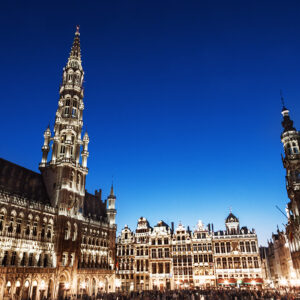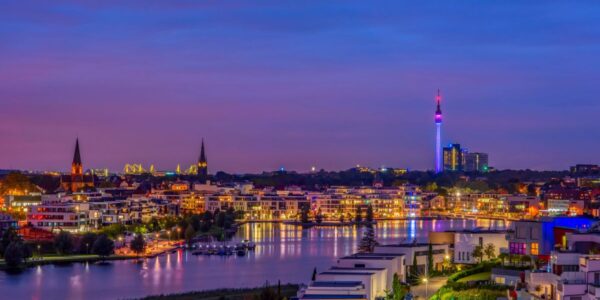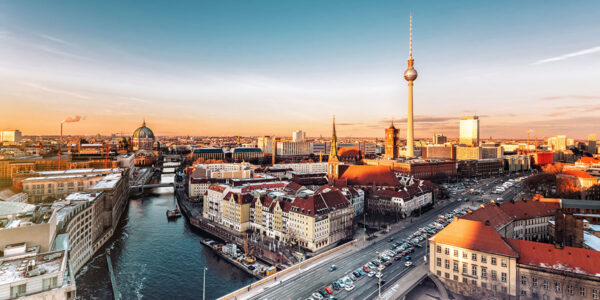If you want to leave for Brussels, not only famous because it is the seat of the European Parliament but also for its endless architectural and historical beauties, you are in the right place to get some extra advice on what to see. As soon as you arrive in Brussels, don’t miss the old town – you will get excited walking through its picturesque, almost fairy-tale streets, admiring the architecture, especially in the evening when all the buildings are floodlit.
Don’t miss
Art Nouveau buildings
In the area of Marolles and Sablon there are numerous buildings in the Art Nouveau style: starting with the Horta Museum, famous home of the famous architect, the Hotel Tassel which was declared a UNESCO World Heritage Site, Autrique House that dates back to 1905 and is full of decorations and breath-taking paintings, the Musical Instruments Museum which was formerly a shop, sober and prestigious Max Hallet House, and Solvay House, one of Victor Horta’s finest works. In addition to the old town, the District of Saint Gilles, full of tourist attractions such as cafés and bistros, is also worth a visit.
The Grand Place
As soon as you arrive in Brussels, you must see the Grand Place. It is the hub for the entire city and welcomes the major cultural events and exhibitions of Brussels. Here you can visit the Gothic Town Hall, the Maison du Roi, and the buildings of the ancient town guilds.
Belgian cuisine
In Brussels you must go to a pub try one of its 1,153 brands of beer and fries cooked in animal fat. But the Belgian capital is also synonymous with chocolate and there are many places where you can taste it.
Manneken Pis
The symbol of Brussels is the Manneken Pis, a bronze statuette placed on top of a fountain, representing a naked boy peeing. You won’t be able to leave town without seeing him.
Travel Documents
Identity Card
An identity card valid for leaving the country allows entry into European Union countries. However, please note that there have been reports of difficulties in some countries with the recognition of renewed and stamped paper identity cards, as well as the refusal of electronic ID cards renewed with a certificate issued by the municipality.
Passport
An ordinary passport is valid for all countries whose governments are recognized by the Italian one, except for any legal restrictions, and can be obtained by all citizens of the Republic. A passport is issued (and renewed) by the police and abroad, by diplomatic and consular representatives. It is valid for 10 years, but in some cases provided for by current legislation, this validity may be shortened.
For more information, see www.poliziadistato.it

